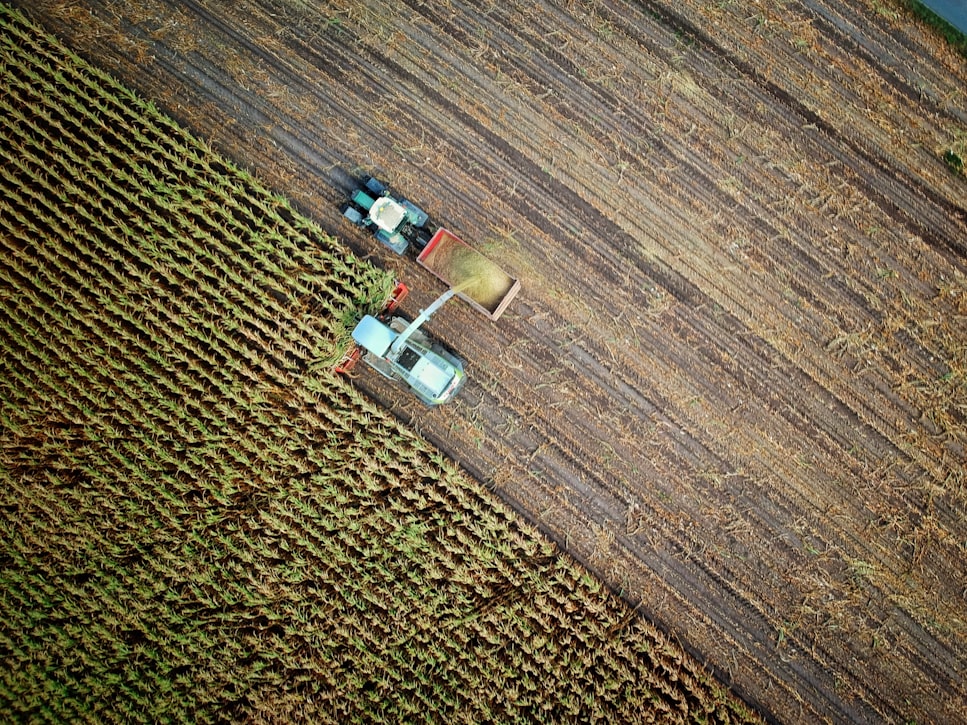
The Common Agricultural Policy (CAP) is the largest and most promising use case for solutions based on Copernicus and Galileo in the public sector. With farming being one of the main economic sectors using such data, further realising its potential depends on adequate data sharing and solution interoperability and integration. Gaps in digitalisation, differences in farm structure and the fragmentation of solutions developed across the EU have led to an uneven playing field for EU stakeholders in terms of the use of data and geo-spatial information.

The post-2020 CAP aims at solving this heterogeneity by providing a decision-support system to all European farmers to better comply with applicable environmental regulation and improve their overall farm management. This system is the Farm Sustainability Tool (FaST), a free and open source digital tool available both as a mobile application and as a web based solution aimed at reaching all farmers across the European Union.

The Study was commissioned by DG AGRI, with the involvement of the Copernicus and Galileo units of DG GROW (now DG DEFIS), DG ENV, DG CLIMA and DG JRC. Finished in February 2019, it produced the blueprint of the required architecture, as well as a prototype web application for the use of farmers and potentially other stakeholders (farm advisors, farmers’ collectives). More importantly, the feasibility study displayed the full potential of having such a system in Europe for farmers but also for Member States’ Paying Agencies.

The European Commission decided to officially develop and implement the tool in 2020 starting with four pilots: Castilla y Leon and Andalucia regions in Spain, Piemonte region in Italy and Estonia. In parallel, with the objective of spreading FaST to other Member States, a training module and journey documentation are being developed and will be available to all Member State authorities. Five more regions/countries were selected in June 2021 for the second phase: Wallonia (Belgium), Bulgaria, Greece, Romania and Slovakia.
The Post-2020 CAP will increase its focus on environmental protection and on administrative simplification, leveraging on wider digitalisation across the sector to support these focuses.
In this context, the FaST platform solutions aims to take advantage of Europe’s space capabilities – Copernicus and Galileo - to help farmers sustainably manage their holdings. Through a core service ensuring the minimum functionality described in the Regulation, the solution will ensure that farmers will be supported digitally in their farm management and compliance requirements regarding nutrient management and further sustainability objectives. The Farm Sustainability Tool (FaST) would integrate relevant legal obligations and return publicly-held data, including space data, as useful information to the farmers, while supporting two-way communication with public authorities and the integration of digital solutions in the field.
The European Commission, with the participation of three Directorates General - DG AGRI, DG DEFIS and DG DIGIT - is supporting Member States to implement the FaST solution, starting with four Paying Agencies in three Member States. This first step in the EU-wide implementation of the solution will also generate a Staff Training module and user journey documentation for dissemination to non-participating MS.
FaST implementation will reduce digitalization costs for individual MS, ensure a level-playing field in digitalization efforts of MS agencies and avoid solution fragmentation, redundancy and obsolescence. It will be possible to use data generated by the platform for improved environmental benchmarking and performance monitoring at all levels of governance.

FaST implementation will reduce digitalization costs for individual MS, ensure a level-playing field in digitalization efforts of MS agencies and avoid solution fragmentation, redundancy and obsolescence. It will be possible to use data generated by the platform for improved environmental benchmarking and performance monitoring at all levels of governance.
The FaST platform will also provide a common services environment for policy monitoring purposes, and for uptake and re-use of remote sensing and geo-positioning-enabled solutions. It will enable the EU’s Common Agricultural Policy to promote precision farming not only for farm competitiveness, but also for improved climate and environment performance, ensuring EU citizens’ continued support for the policy.
Finally, the added value of the FaST micro-services eco-system solution lies in its capacity to scale and to be respectful of MS existing choices and solutions: it can scale to millions of users or petabytes of data, but also scale ‘in people terms’: as teams, organization, use cases, and programs grow. At its most ambitious, it will turn the CAP digital eco-system into the world-leading platform for farming data use and re-use.
The project began in January 2020 with the involvement of the Paying Agencies of Andalucia, Spain 



 (Belgium), Bulgaria
(Belgium), Bulgaria  , Greece
, Greece  , Romania
, Romania  and Slovakia
and Slovakia  .
.
